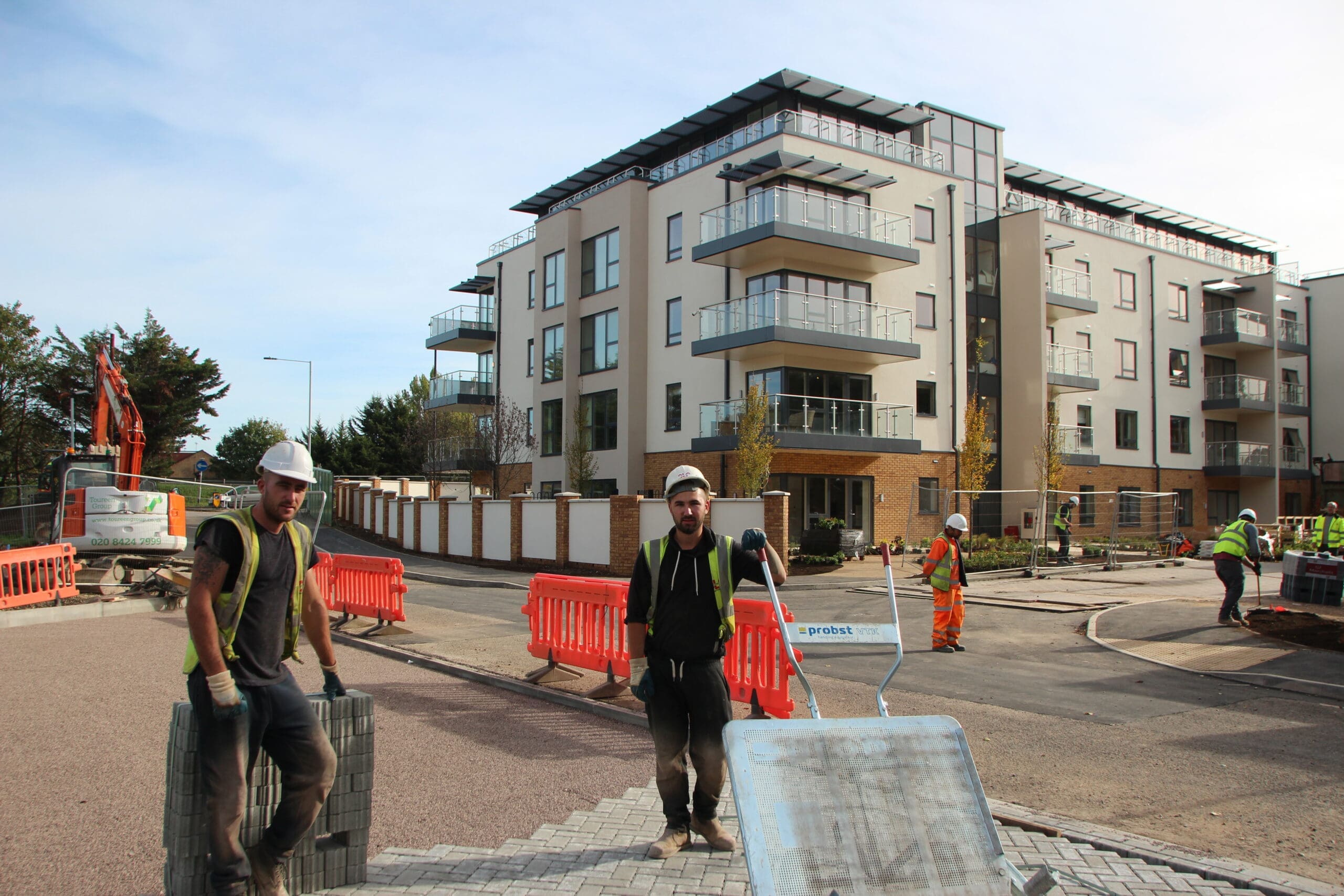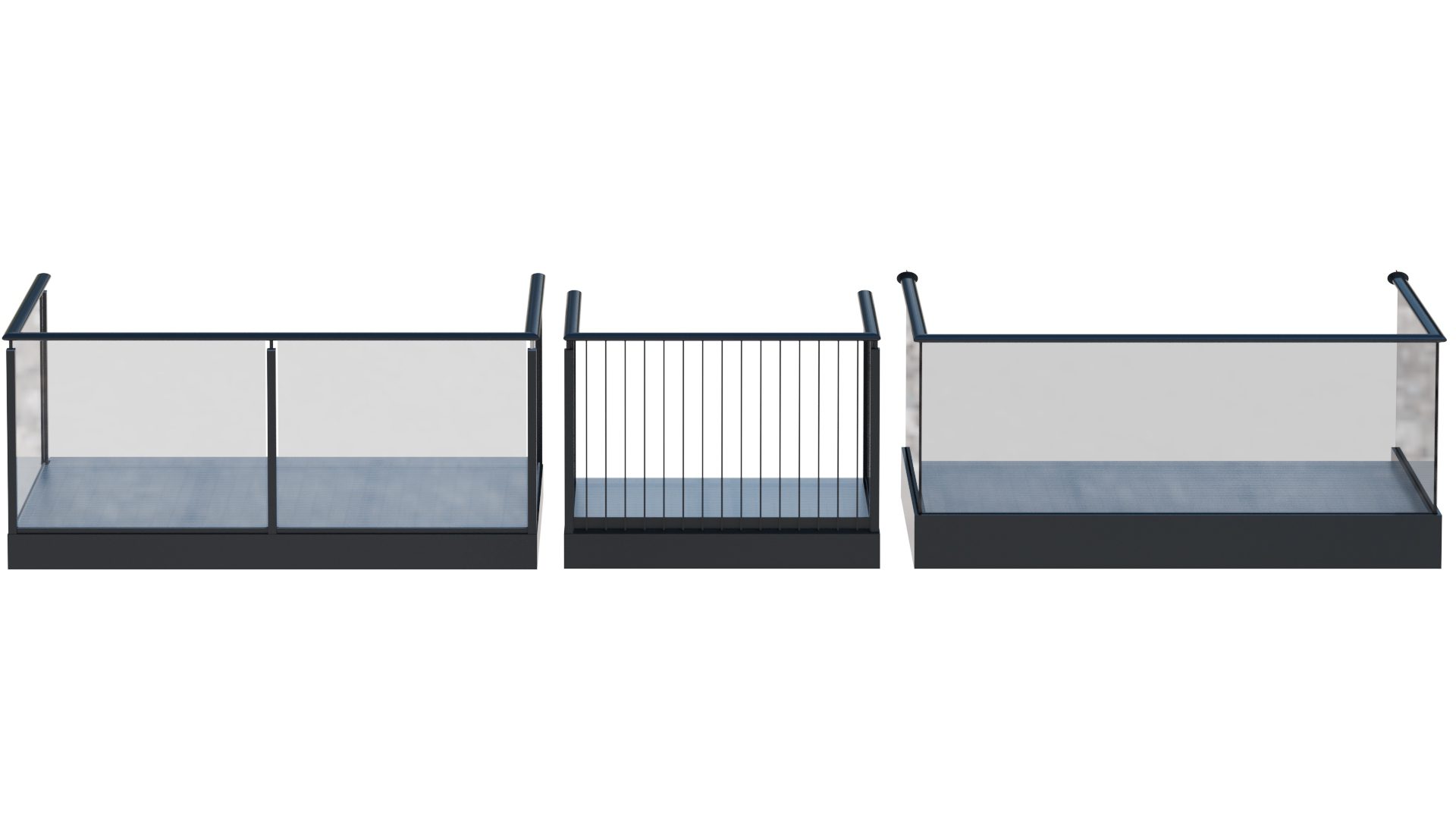Manufacture ┃ Supply ┃ Install

Modularity is a range of standardised modular components that are individually manufactured to a finished state at a factory, rather than fabricated and finished on-site. The Advantages of Modular Building and Modern Methods include:
Reducing Time
With components already manufactured and finished, modular systems dramatically reduce the time required on-site in comparison to using traditional construction methods.
Bespoke Design
The individual components are standardised, but when combined for a particular specification they represent a bespoke solution so we can cater to all requirements
Eco-Friendly
The dry works of modular construction consumes less energy, less noise and less atmospheric pollution than hot works
Less Distruption
As the majority of construction work is carried out off-site, the impact on the existing site is significantly low.
Reducing On-Site Impact
As most construction work is carried out off-site, modular systems minimise the impact of activities on-site. Both contractor and client are able to approve the scheme before installation on site, reducing the number of revisits for snagging.
![]()
In comparison, solutions fabricated on-site involve much more noise, dust, and light pollution. Off-site manufacture of complete modular solutions means that all materials arrive on site in a single delivery in contrast to traditional construction methods, which often require multiple separate deliveries.
![]()
For example, a modular balcony is supplied pre-engineered and pre-assembled in a completed state, ready to be fixed in position on delivery. In contrast, a balcony fabricated on-site will often rely on different suppliers for the decking, glass and rails/stanchions. If just one of these suppliers is delayed, the completed installation is pushed back, which could have a knock-on impact on the rest of the construction schedule.
Reducing Time
Reducing construction time addresses market demands for improved efficiency and better cost control. With components already manufactured and finished, modular systems dramatically reduce the time required on-site in comparison to traditional construction methods.
![]()
The precise combination of components, angles and dimensions required for a scheme is defined and specified through consultation between the architect/designer and the manufacturer’s technical support – therefore survey, assembly and installation is the only time spent on site. Carrying out more work in factory conditions avoids exposure to delays on-site caused by adverse weather.
![]()
From a financial point of view, the shorter construction period allows the client to return on investment quicker and reduce overheads. Time efficiency is an especially valuable advantage where build schedules are subject to time constraints—for example, projects in the education sector.
Reduced Health & Safety Risks
Modular construction reduces health and safety risks in a number of ways:
-
Carrying out construction in safer, more controlled factory conditions enables better risk management.
-
Minimal site activity limits exposure to other site activities and their attendant Health and Safety risks.
-
Eliminating the need for hot works such as welding reduces Health and safety risks.

Improved Quality Control
Reduced Waste
Pre-engineering components in a factory environment enable a higher degree of quality control. Each item is subject to testing, prototyping and checking for uniform quality. Solutions fabricated on-site are much more variable in quality, largely determined by the individuals involved in carrying out the work. Without the shelter of a factory, exposure to the British climate often presents working conditions that adversely affect quality.

Manufacturing in a factory allows far better waste stream management. Standardised finished components mean minimal or zero off-cuts and waste materials. Any waste or off-cuts that occur in a factory can be more easily collected and reused or recycled. Managing waste at factory stages reduces the financial and carbon costs of waste disposal on site.
![]()
Environmental Impact
Achieving a more sustainable building requires reducing carbon emissions during its whole life cycle, including those emitted during material extraction, manufacturing, delivery to the site, construction, maintenance and refurbishment, waste processing, demolition, and recycling.
![]()
Modular systems perform well across all these areas. Dry works consume less energy and involve far less noise and atmospheric pollution than hot works. Modular construction involves less on-site activity, reducing the environmental impact on the locality and reducing the carbon footprint from lighter site traffic.
![]()
Energy savings have become even more important amid a global energy crisis. Opting for modular solutions reduces energy costs throughout the supply chain.



